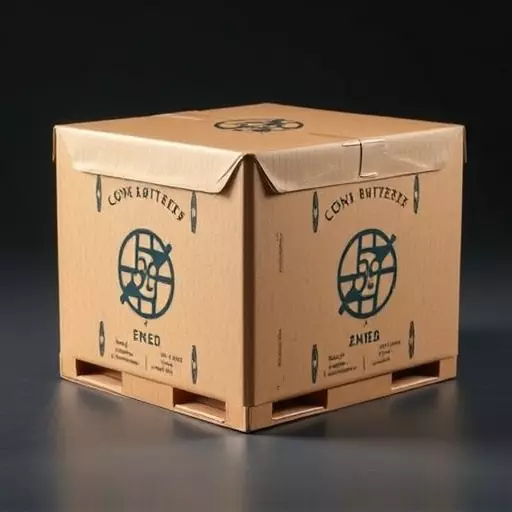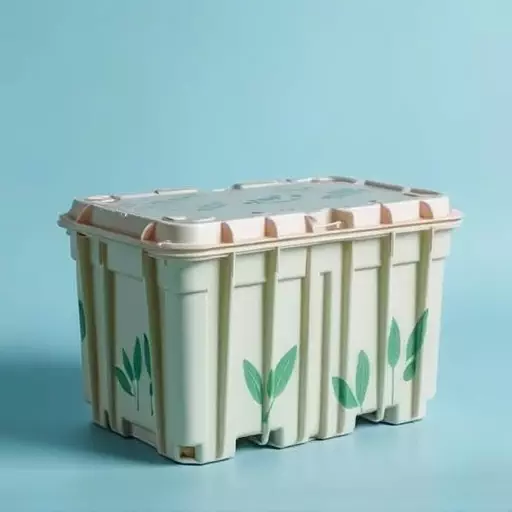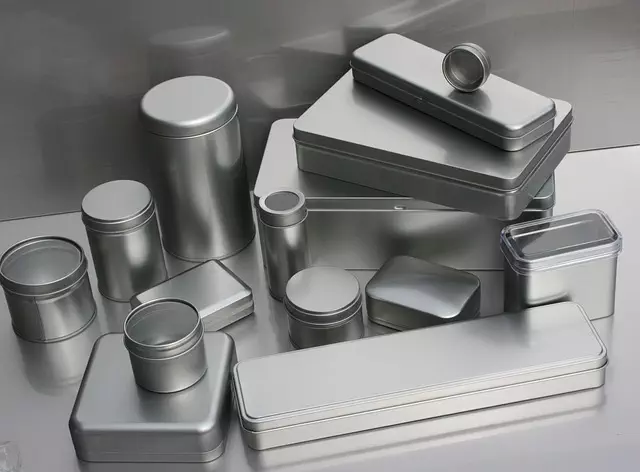Businesses are transitioning to sustainable container packaging, driven by consumer demand and environmental concerns, particularly regarding plastic waste. Custom container packaging allows brands to create unique, compostable designs using eco-friendly materials like biodegradable substances and bioplastics. This approach not only reduces the carbon footprint but also enhances brand image and engages environmentally conscious consumers. The market's shift towards green choices is evident in the increasing demand for container packaging solutions that are both functional and environmentally sustainable, with predictions of continued growth in this sector.
In an era where environmental sustainability is at the forefront, compostable container packaging emerges as a game-changer. This article delves into the revolutionary concept of green packaging, exploring its profound impact on both businesses and the planet. We dissect the benefits of sustainable container solutions, from reduced environmental footprint to enhanced brand image. Moreover, we uncover customization options, highlighting how unique designs can be achieved without compromising eco-friendliness. Get ready to discover the future of responsible consumption through cutting-edge container packaging innovations.
- Understanding Compostable Container Packaging: A Green Revolution in Packaging
- The Benefits of Sustainable Container Packaging for Businesses and the Environment
- Customization Options: Creating Unique Compostable Packaging Solutions
- Materials Used in Compostable Container Production: Biodegradables and Bioplastics
- Implementation Strategies: Transitioning to Eco-Friendly Container Packaging
- Consumer Awareness and Demand: Shaping the Future of Compostable Packaging
Understanding Compostable Container Packaging: A Green Revolution in Packaging

Compostable container packaging represents a significant shift towards more sustainable practices in the world of consumer goods. This green revolution in packaging is driven by the need to reduce environmental impact and promote eco-friendly alternatives. By using compostable materials, manufacturers offer effective solutions to the growing concern over plastic waste and pollution.
Custom container packaging plays a crucial role in this movement, allowing businesses to create unique, sustainable options tailored to their specific products. These innovative container packaging solutions not only enhance the environmental profile of goods but also provide an opportunity for brands to differentiate themselves and appeal to eco-conscious consumers. The shift towards sustainable container packaging is a step forward in building a greener future.
The Benefits of Sustainable Container Packaging for Businesses and the Environment

Businesses are increasingly adopting sustainable container packaging as an eco-friendly alternative to conventional options. This shift comes with numerous advantages, offering a win-win scenario for companies and the environment. Custom container packaging, in particular, allows brands to create unique, compostable solutions tailored to their specific product needs, thereby reducing waste and environmental impact.
Sustainable container packaging contributes to a greener planet by minimizing the carbon footprint associated with traditional packaging methods. These biodegradable and compostable containers break down naturally without leaving harmful residues, significantly reducing pollution levels. Moreover, they provide an effective marketing tool for companies committed to sustainability, enhancing their brand image and appealing to environmentally conscious consumers.
Customization Options: Creating Unique Compostable Packaging Solutions

In today’s market, businesses are increasingly seeking sustainable container packaging solutions to meet consumer demands for eco-friendly options. One of the key advantages of compostable container packaging is its versatility and customization options. Brands have the opportunity to create unique and distinctive packaging that aligns with their brand identity while still being environmentally conscious. From shape and size to material composition and printing, customization allows businesses to design containers tailored to specific product needs and marketing goals.
This level of personalization ensures products stand out on retail shelves, enhancing brand visibility. Moreover, it offers companies the chance to engage in innovative packaging design, appealing to environmentally-conscious consumers who appreciate the ability to recycle or compost their packaging responsibly.
Materials Used in Compostable Container Production: Biodegradables and Bioplastics

In the realm of sustainable container packaging, materials play a pivotal role in shaping the eco-friendliness of the final product. Compostable container production involves the use of biodegradable and bioplastic substances, which are gaining traction as alternative options to traditional plastics. Biodegradables are derived from renewable resources like plant matter and agricultural waste, ensuring they break down naturally over time without leaving behind harmful residues.
Bioplastics, on the other hand, are synthetic materials designed to mimic the properties of conventional plastics but with a reduced environmental impact. These innovative compounds offer a range of benefits for custom container packaging solutions. They can be tailored to meet specific requirements, ensuring functionality and durability while remaining compostable at end-of-life. This approach not only reduces waste but also supports a circular economy by allowing these materials to return safely to the earth.
Implementation Strategies: Transitioning to Eco-Friendly Container Packaging

The transition to eco-friendly container packaging is gaining momentum as businesses seek sustainable container packaging solutions. This shift is driven by growing consumer awareness and regulatory pressures, pushing companies to move beyond traditional plastic options. One key strategy involves adopting custom container packaging designed specifically for compostability. By partnering with specialized manufacturers, brands can create tailored packaging made from biodegradable or bio-based materials that meet their product requirements while minimizing environmental impact.
Implementing these changes requires careful planning and collaboration throughout the supply chain. Companies should assess their current packaging practices, identify areas for improvement, and explore innovative sustainable container packaging alternatives. This may involve investing in new equipment, training staff, and educating consumers about proper disposal or recycling methods. While the initial transition may present challenges, embracing eco-friendly container packaging solutions is a crucial step towards building a more sustainable future.
Consumer Awareness and Demand: Shaping the Future of Compostable Packaging

Consumer Awareness and Demand are pivotal forces shaping the future of compostable packaging, especially in the realm of container packaging solutions. As folks become more attuned to environmental sustainability, there’s a growing demand for eco-friendly alternatives to conventional packaging. This shift is driving innovation in sustainable container packaging, with businesses creating custom container packaging options that not only meet but exceed green standards.
Consumers are increasingly making purchasing decisions based on the environmental impact of products, leading manufacturers and retailers to invest in more sustainable container packaging. The demand for compostable container packaging solutions has surged as a result, pushing the industry to develop new materials and technologies that can break down naturally without leaving harmful residues. This trend is expected to continue as we navigate a more eco-conscious future.


